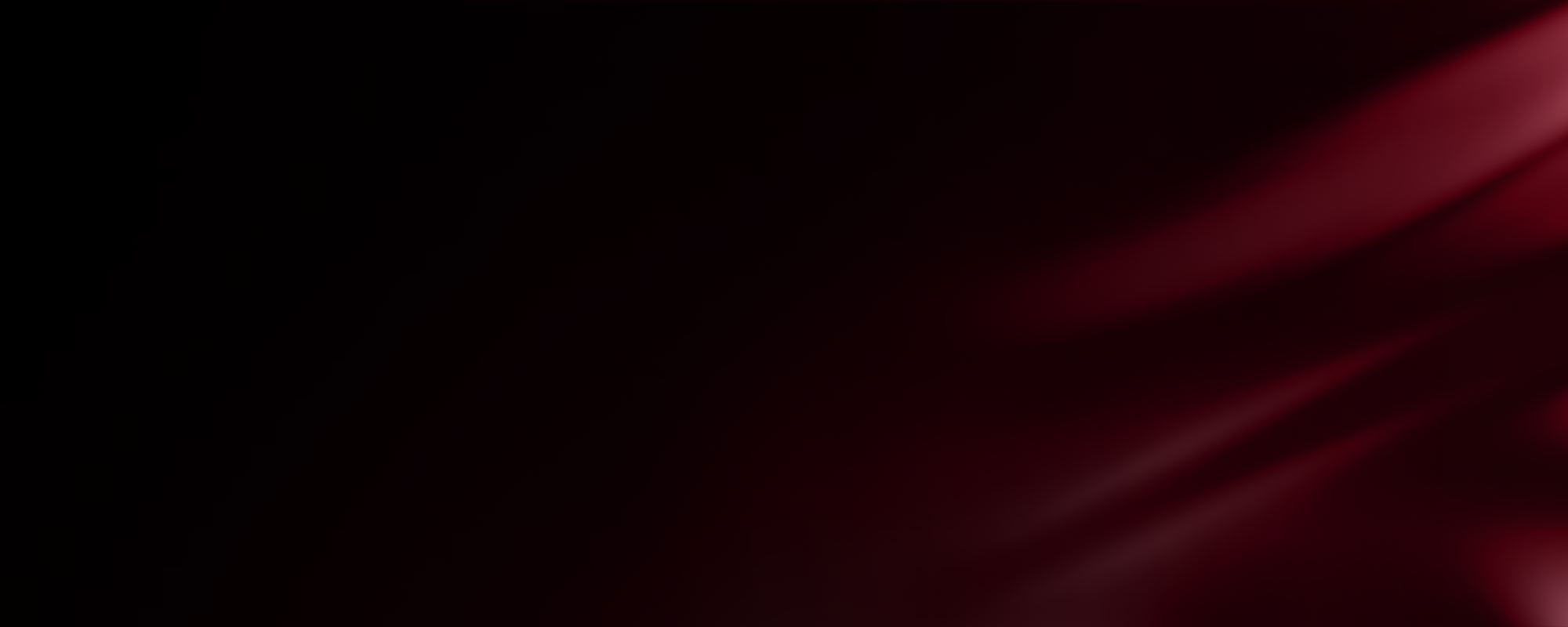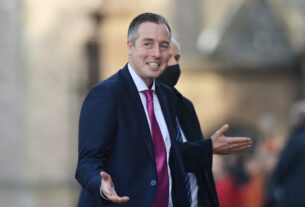European Commission President Ursula von der Leyen is facing calls from EU countries for a new round of sanctions against Russia, which has stepped up its nearly eight-month-old war on Ukraine by launching air strikes on cities and critical infrastructure and throwing new troops into battle.
Measures should include limiting imports of liquefied petroleum gas products and targeting more Russian banks, according to a group of hawkish countries, including Estonia, Latvia, Lithuania and Poland.
This eastern caucus hopes that there is enough momentum to begin work on the bloc’s ninth sanctions package, two EU diplomats told POLITICO.
The initiative emerged just two weeks after the EU agreed on an eighth round of sanctions that imposed a price cap on Russian oil exports — part of a broader effort to undermine President Vladimir Putin’s ability to finance his war of aggression. A ban on crude imports will come into effect in December, while coal imports have already been phased out and natural gas supplies severely disrupted — most recently by mystery undersea blasts that knocked out the Nord Stream gas export pipelines that run across the Baltic.
The concern in EU capitals is that, even as Ukrainian troops have regained territory of late in the east and south of the country, Kyiv is losing the economic war against its larger eastern neighbor and that could cause the tide to turn on the battlefield. With Russia deploying newly mobilized troops and sending swarms of Iranian-made drones to hit cities and power stations, doubts are growing over whether Ukraine’s economy and people can hold out through the coming winter.
President Volodymyr Zelenskyy told Ukrainians on Tuesday that the Russian strikes have destroyed 30 percent of Ukraine’s power stations.
Call for ‘strong’ sanctions
The move toward new sanctions emerged after foreign affairs ministers discussed Russia’s war in Ukraine in Luxemburg on Monday. Ukraine’s top diplomat Dmytro Kuleba asked his EU colleagues to impose a “strong” next sanctions package against Russia.
The countries sent an initial letter to the Commission on Friday and were planning to send an updated proposal on Tuesday, one of the diplomats said. The import of liquified petroleum gas products could entail a wind-down period, according to a draft of the letter.
The hawkish EU capitals also want more banks to be cut off from the international bank transfer system SWIFT and to ban the transfer of U.S. dollar banknotes to Russia. In their draft letter, the countries revived proposals that didn’t make it into the most recent package, adopted earlier this month, such as prohibiting the sale of European real estate to Russians or introducing an import ban for Russian diamonds.
Estonian Foreign Minister Urmas Reinsalu told POLITICO that the EU should concentrate on the energy, trade and financial sectors. He’d also welcome an immediate ban on Russian gas, he said, arguing: “European countries now have rather solid reserves of gas.”
At their meeting on Monday, a wide range of countries signalled openness to preparing a new sanctions package, according to two other EU diplomats, in particular after the recent drone attacks in Ukraine. Measures such as extra listings and tackling nuclear were also discussed, as was closing loopholes and pressuring neighboring countries to comply with the EU’s sanctions, according to one diplomat.
However, no concrete timing for an upcoming package was mentioned during the discussions. Another diplomat from a country not involved in drafting the letter predicted that a new round of sanctions would come sooner or later.
Stuart Lau contributed reporting.
This article is part of POLITICO Pro
The one-stop-shop solution for policy professionals fusing the depth of POLITICO journalism with the power of technology
Exclusive, breaking scoops and insights
Customized policy intelligence platform
A high-level public affairs network




